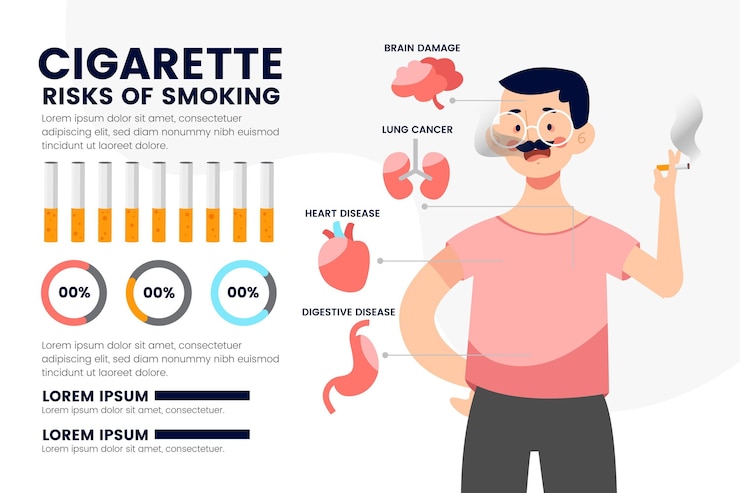Understanding Job Insurance for Women: A Comprehensive Guide
Job insurance, also known as employment insurance or unemployment benefits, plays a critical role in safeguarding individuals from financial instability during periods of unemployment. For women, who often face unique challenges in the workplace, job insurance can provide vital support in maintaining economic security when they are between jobs, facing layoffs, or transitioning in their careers.
This article explores the significance of job insurance for women, the types of job insurance available, how women can benefit from it, and the specific considerations for women balancing family responsibilities, career growth, and financial independence.
Why Job Insurance is Important for Women
Women in the workforce face distinct challenges, including wage disparities, gender biases, and the pressures of balancing family and career. These issues can make periods of unemployment more difficult, and women are often at higher risk of economic insecurity compared to men.
Job insurance is essential for providing a safety net that helps women maintain financial stability while they search for new job opportunities, upskill, or navigate career transitions. The availability of job insurance ensures that women can meet their basic needs, such as housing, food, and healthcare, during times of job loss.
Here are a few reasons why job insurance is particularly important for women:
1. Wage Gap and Financial Disparities
Women, on average, still earn less than men for similar work, meaning they often have smaller savings to rely on during periods of unemployment. Job insurance helps bridge this financial gap and reduces the impact of wage disparities when women are out of work.
2. Family and Caregiving Responsibilities
Many women juggle their careers with caregiving responsibilities, such as raising children or caring for elderly family members. When faced with job loss, women are often in a vulnerable position because of the additional financial pressure to support their families. Job insurance can ease this burden by providing temporary financial assistance.
3. Employment in Vulnerable Industries
Certain industries, such as retail, hospitality, and healthcare, employ a higher proportion of women. These industries are often more vulnerable to economic fluctuations and job cuts, particularly during crises such as the COVID-19 pandemic. Women working in these sectors can benefit significantly from job insurance when layoffs or reductions in work hours occur.
4. Maternity and Parental Leave
Women who take time off work for maternity leave or caregiving may face additional challenges when returning to the workforce. Job insurance can provide financial support for women who struggle to find a job after taking time off to care for a child or manage family responsibilities.
Types of Job Insurance Available for Women
Job insurance typically falls into two main categories: government-provided unemployment insurance and private job loss insurance. Each offers different forms of protection, and women can benefit from both depending on their employment situation.
1. Unemployment Insurance (UI)
Unemployment insurance is a government-provided benefit that offers temporary financial assistance to workers who have lost their jobs through no fault of their own. This insurance is often managed at the state level (in countries like the U.S.) or by national governments in other countries. It is available to both men and women, but women can benefit from unemployment insurance in unique ways.
Key aspects of unemployment insurance include:
- Eligibility: To qualify for unemployment benefits, individuals must have been employed and paid into the unemployment insurance system through their wages. They must also be actively seeking new employment.
- Duration of Benefits: Benefits are typically provided for a limited period, ranging from a few weeks to several months, depending on the country or region.
- Amount: The benefit amount is usually a percentage of the worker’s previous earnings, but this varies by location.
Women can apply for unemployment insurance if they lose their job due to layoffs, business closures, or downsizing, and these benefits help cover essential living expenses while they search for new work.
2. Private Job Loss Insurance
Private job loss insurance is an additional form of coverage that can be purchased by individuals or offered by employers. Unlike government-provided unemployment insurance, this type of insurance provides benefits in cases of involuntary job loss, even if the worker does not meet the qualifications for traditional unemployment benefits.
Private job loss insurance can be beneficial for women who:
- Work as freelancers or contractors, who may not qualify for traditional unemployment insurance.
- Are in higher-earning positions and want to supplement government-provided unemployment benefits with additional coverage to maintain their lifestyle during periods of job loss.
3. Short-Term Disability Insurance
While not technically a form of job insurance, short-term disability insurance can provide financial protection for women who are unable to work due to pregnancy, childbirth, or medical conditions. Women who need time off for maternity leave or medical recovery can access this insurance to maintain income during their time away from work.
How Job Insurance Can Support Women During Life Transitions
Women often experience significant life transitions that can impact their employment, such as maternity, caregiving, and health challenges. Job insurance plays a critical role in providing financial security during these transitions, allowing women to take the necessary time to recover, care for their families, or adjust to new circumstances without the immediate pressure to return to work.
1. Maternity Leave and Return to Work
One of the most significant challenges women face is balancing maternity leave with returning to work. In many countries, job insurance systems are complemented by maternity leave policies that provide paid time off. In regions where maternity leave is unpaid or limited, job insurance can help bridge the income gap during this critical time.
2. Career Transitions and Reskilling
Job loss can also be an opportunity for women to explore new career paths, acquire new skills, or pivot to industries with better prospects. With the support of job insurance, women can take the time they need to reskill or upskill, enrolling in training programs or continuing education courses to improve their chances of securing a better-paying job in the future.
3. Managing Health Issues or Family Caregiving
Women often take on caregiving roles for children, elderly parents, or sick relatives. Periods of unemployment may be the result of needing to focus on these responsibilities. Job insurance provides a cushion for women who may need to temporarily step away from their careers to focus on their families, helping them re-enter the workforce when they are ready.
Tips for Women Navigating Job Insurance
To make the most of job insurance, women should be proactive in understanding their rights and benefits. Here are some practical tips:
- Know Your Rights: Familiarize yourself with your local government’s unemployment insurance policies and determine whether you qualify for benefits. Ensure you understand the application process and timelines.
- Consider Additional Coverage: If you work in a freelance or high-risk job, it might be worth considering private job loss insurance to provide more comprehensive protection.
- Plan Ahead: Set aside savings when possible to supplement job insurance benefits in case of job loss. Financial planning can make a significant difference during periods of unemployment.
- Leverage Resources: Utilize government or employer-provided career services to help with job searches, resume building, and skill development while receiving unemployment benefits.
Conclusion
Job insurance is a valuable resource for women, offering financial security during periods of job loss or career transitions. It provides a critical safety net for women who face unique challenges in balancing work, family, and career growth. By understanding their options and leveraging the benefits of both government-provided unemployment insurance and private coverage, women can better navigate the ups and downs of their professional lives while maintaining financial stability.
Empowering women with access to reliable job insurance ensures they can continue to contribute to the workforce, grow their careers, and achieve financial independence.
 fareed ali
fareed ali
 fareed ali
fareed ali
 fareed ali
fareed ali
 fareed ali
fareed ali
 fareed ali
fareed ali








































